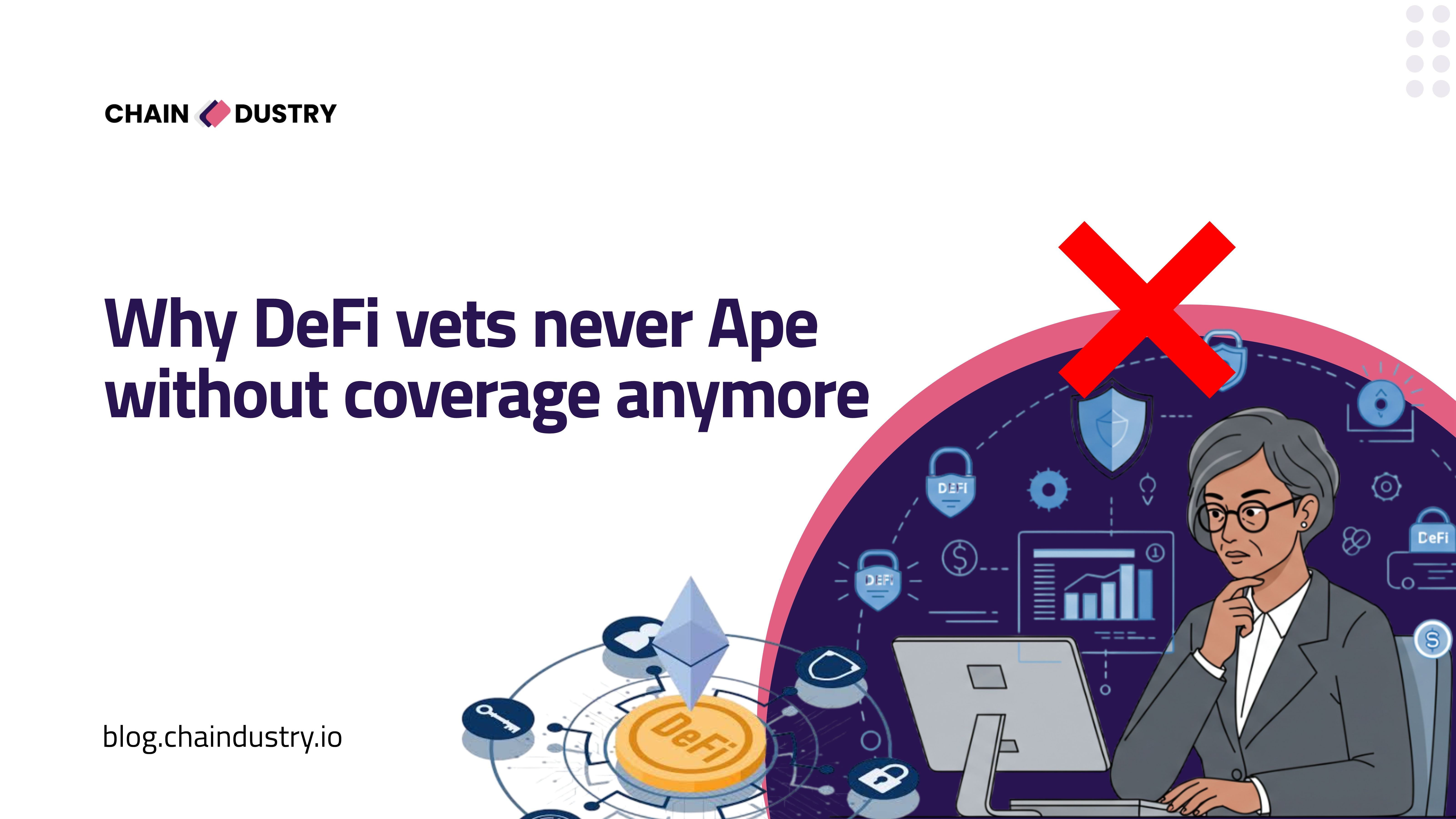Introduction
If 2022 was the year of DeFi growth, 2023 and 2024 reminded everyone of its risks. Billions were lost to exploits, rug pulls, and smart contract vulnerabilities. By 2025, a clear lesson emerged: DeFi without insurance is like driving without brakes.
That’s where Nexus Mutual, the leading decentralized insurance protocol, steps in. Instead of traditional insurers, it uses community-driven pools to protect against smart contract hacks, exchange failures, and other risks.
Today, insurance is no longer optional, it’s a cornerstone of a mature DeFi ecosystem.
Why DeFi Insurance Matters
In traditional finance, banks and brokers have regulatory protections like the FDIC. But in DeFi, you’re your own bank. That freedom also means you’re your own insure, unless you outsource the risk.
Nexus Mutual provides:
1.Smart contract coverage against hacks and bugs.
2.Custody coverage for centralized exchange collapses.
3.Community-driven governance to approve and manage claims.
This community model ensures payouts are fair while keeping costs lower than traditional insurers. It’s a safety net designed for Web3.
For context, the lack of such protections is one reason many hesitate to enter DeFi. As we explored in Will DeFi Replace Traditional Banks?, risk management may be the deciding factor in whether DeFi ever goes mainstream.

Why DeFi Vets Never Ape Without Coverage Anymore
Veteran DeFi traders have seen it all (protocol exploits, stablecoin depegs, and exchange collapses). Many now refuse to trade or farm yield without insurance.
The trend is clear: coverage is becoming a badge of responsibility.
Farmers who chase 100% APYs without insurance may double their gains but also risk losing everything overnight. By contrast, insured strategies may earn less, but users sleep better knowing hacks won’t wipe them out.
For DeFi veterans, it’s no longer “ape in and hope.” It’s “ape in, but cover your downside.”
Why Nexus Mutual Leads the Pack
Nexus Mutual has outpaced smaller competitors because of its scalable governance model and growing treasury that backs coverage. While newer protocols experiment with parametric insurance or on-chain reinsurance, Nexus remains the default choice for both retail and institutional DeFi investors.
It also benefits from network effects; the more users pool liquidity into Nexus, the stronger its ability to underwrite large policies becomes.
DeFi’s future depends on building trustworthy, sustainable systems. Nexus fits right into that trajectory.
Conclusion
Insurance may not sound as flashy as yield farming or leverage trading. But in 2025, it may be the most important tool DeFi has for long-term survival.
With smart contract hacks still a looming threat, Nexus Mutual proves that safety can be decentralized too.
For DeFi to keep growing, users must have confidence that their funds are protected. And thanks to protocols like Nexus, “DeFi insurance” is now a standard.
